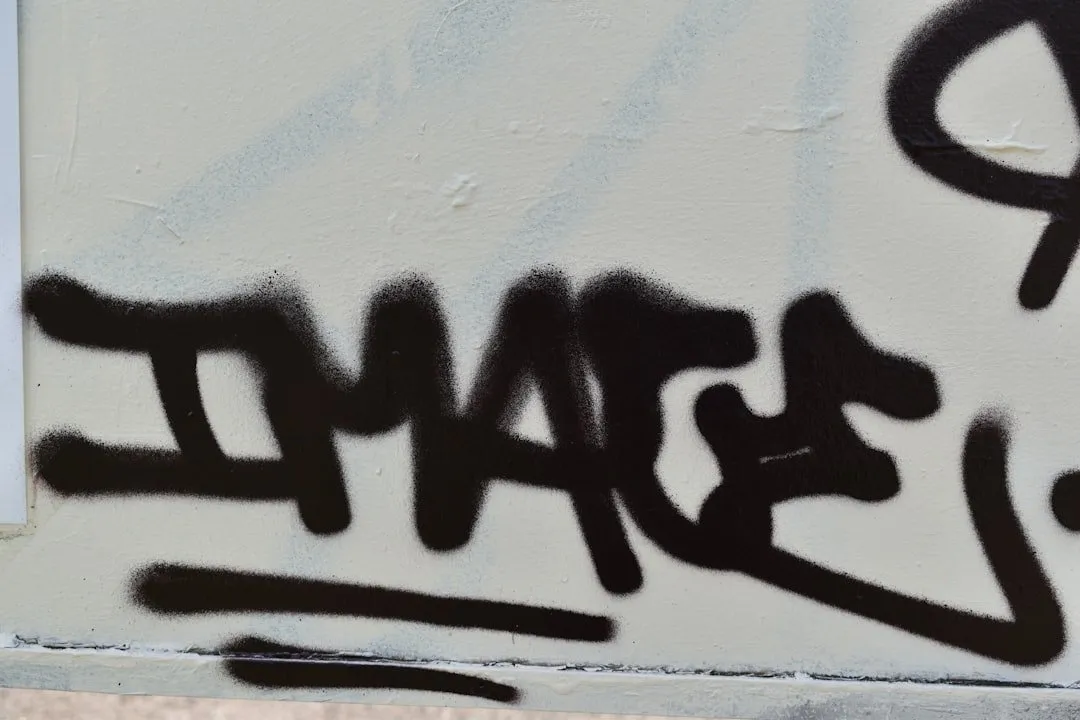Mental toughness, crucial for peak performance in challenging situations like the Louisiana kratom ban update, separates athletes from obstacles. Kratom training, a holistic approach combining physical exercises, mindful meditation, and kratom supplements, builds mental resilience. The recent Louisiana Kratom Ban Update underscores the need for alternative strategies, such as mindfulness and cognitive behavioral therapy, to maintain focus, endurance, and overall well-being in high-pressure environments.
In the realm of athletic performance, mental toughness is a game-changer. Our ability to withstand stress, overcome challenges, and maintain focus under pressure directly impacts success. This article explores strategies for cultivating mental resilience with an unconventional ally: kratom training. We delve into the science behind mental toughness, uncover the unique benefits of kratom as a natural nootropic, and discuss the recent Louisiana Kratom Ban Update and its implications for athletes’ well-being and access to performance-enhancing tools.
- Understanding Mental Toughness and Its Impact on Performance
- Kratom Training: A Unique Approach to Building Mental Resilience
- Louisiana Kratom Ban Update: Implications for Athletes and Well-being
Understanding Mental Toughness and Its Impact on Performance
Mental toughness is a key component in achieving peak performance, especially in challenging situations. It’s not just about physical strength or skill; it’s the mental fortitude that enables athletes to overcome obstacles and maintain focus under pressure. This resilience is crucial, particularly when facing adversity like the recent Louisiana kratom ban update, which has disrupted access to this natural supplement for many.
Understanding and cultivating mental toughness can significantly impact an individual’s ability to handle stress and stay motivated. It allows athletes to push through discomfort, ignore distractions, and maintain a clear mindset during training and competition. This is especially relevant in high-pressure environments where the stakes are high, and the need for mental clarity and determination is essential for success.
Kratom Training: A Unique Approach to Building Mental Resilience
Kratom training, a unique and emerging approach, has gained attention as an innovative method to build mental resilience and toughness. This ancient herb, rich in alkaloids like mitragynine and 7-hydroxymitragynine, offers more than just its well-known mood-enhancing and pain-relieving properties. In the context of mental toughness, kratom training involves a holistic practice where individuals engage in specific physical exercises combined with mindful meditation, often incorporating kratom supplements to enhance focus and endurance. This blend of ancient wisdom and modern mindset preparation can be particularly effective for those seeking to overcome mental barriers and improve overall resilience.
The concept has sparked interest, especially following the recent Louisiana Kratom Ban Update, which has led many to explore alternative ways to boost their mental fortitude. By combining rigorous training with the calming effects of kratom, individuals can navigate challenging situations with increased composure and a heightened sense of control. This strategy goes beyond traditional mental toughness techniques, offering a natural and holistic path to building resilience that resonates with many seeking an edge in today’s demanding world.
Louisiana Kratom Ban Update: Implications for Athletes and Well-being
The recent Louisiana Kratom Ban Update has significant implications for athletes and their well-being, particularly those who rely on kratom as a mental toughness strategy. This ban restricts access to mitragynine, the primary active compound in kratom, effectively making it harder for users to incorporate this natural herb into their training routines.
For many athletes, kratom serves as a tool to enhance focus, resilience, and pain management during intense training periods. The Louisiana ban removes this option, potentially impacting not only physical performance but also mental toughness. It underscores the need for alternative strategies that promote mental fortitude, such as rigorous mindfulness practices, cognitive behavioral therapy, or other evidence-based methods proven effective in building resilience under pressure.
The intersection of mental toughness training and Louisiana’s kratom ban highlights the need for innovative approaches to performance enhancement. While regulations like this aim to mitigate potential risks, they also underscore the importance of alternative strategies for building mental resilience. As athletes navigate these changes, embracing unique methods like kratom training, as discussed in this article, offers a promising avenue to cultivate mental toughness and optimize performance, especially in light of the Louisiana kratom ban update.














